Pollinator Pathmaker: Summer Programme
Over the course of summer 2024, LAS Art Foundation presents a four-chapter public programme centred around and located inside the LAS Edition of Alexandra Daisy Ginsberg's Pollinator Pathmaker. Each chapter is conceived as a three-hour event, featuring an expert conversation, a shared meal and a performative gesture.
The LAS Edition outside the Museum für Naturkunde Berlin becomes a place for immersive exchange and collective learning. Fostering appreciation for the garden as artwork, each of the chapters between June and August 2024 invites researchers and practitioners from diverse fields to be in dialogue, including art conservators, biologists and philosophers. The talks are followed by a tasting menu developed and served by culinary resident Chelsea Turowsky in exchange with the garden. Each evening concludes with a performative gesture by a Berlin-based artist and a collective act of care: we tend to the living environment of Pollinator Pathmaker and return it to its inhabitants, the pollinating insects.
Modes of Preservation
3 June 2024, 17:00 — 21:00
Prof Dr Carolin Bohlmann, Paul Seidler and Omsk Social ClUB
What forms of human care are needed to maintain a (living) artwork? With her proposition to make art for pollinating insects using plants, Alexandra Daisy Ginsberg questions a traditionally human-centred definition of art. Humans, in the case of Pollinator Pathmaker, are neither the authors nor the intended audiences of the living sculptures, but the caretakers tasked with maintaining a balance between the garden’s various elements.
Expert Conversation
Ginsberg's Pollinator Pathmaker Editions are computed by an algorithm to provide optimised foraging grounds to a variety of pollinating insects. As artificial ecosystems designed for nature, they require intensive human care. Prof Dr Carolin Bohlmann, a professor at the Institute for Conservation and Restoration at the Academy of Fine Arts Vienna, has experimented with preservation techniques for organic and living materials throughout her career in order to maintain them within the arts institution. This approach is challenged by artist collective terra0’s proposition of using blockchain technologies to render ecosystems independent of human interference. Prof Dr Bohlmann and Paul Seidler, founding member of terra0, debate the role of humans and the technologies developed by them in maintaining artistic and ecological systems. What would happen if they were taken out of the equation?
Tasting Menu / Culinary Element
Culinary Resident Chelsea Turowsky serves a tasting menu based on her month-long exchange with the living artwork.
Performative Gesture
Omsk Social Club presents the newly commissioned sonic work Just Us, a hyper-performative wandering experience in dialogue with Pollinator Pathmaker. The work unfolds as a score of sonic and verbal elements that guide through the garden's hidden pathways, offering spaces of introspection. Just Us explores how the concept of friendship might act as a node between botanical, human and other characters.
A smartphone and headphones are required to experience the work. Please bring your personal devices if possible.
Aesthetics and Visual Ecologies
24 June 2024, 18:00 — 21:00
Dr Parul Singh, Prof Dr Michael ohl and Kianí del valle
Most plants are dependent on pollination through insects. The colours, shapes and scents of their flowers have evolved to attract the pollinator that serves them best. Flowers bloom to seduce insects, yet humans too react to their beauty. In making art for pollinators, Alexandra Daisy Ginsberg speculates on this shared response – do insects experience aesthetic pleasure just as we might when looking at a garden? And how have ideas of beauty shaped our relationship to nature in the first place?
Expert Conversation
The visual properties of the Pollinator Pathmaker LAS Edition – the colours of flowers, the patterns they are arranged in and the different heights of plants – are determined by the ways pollinators forage. For us, they are features of an artwork that distinguish it from surrounding green space, an artistic language that we might judge according to our own preferences. Art historian Dr Parul Singh’s work examines how the experience of beauty is linked to culture and structures of power. Her current research focuses on the gardens of Qaiserbagh in Lucknow, India, built in the mid-nineteenth-century by King Wajid Ali Shah during British colonial rule.
Prof Dr Michael Ohl, one of the scientific heads of the Hymenoptera (wasps, bees, and ants) Collection at the Museum für Naturkunde Berlin, has extensively researched how wasps sense their surroundings. His work also extends to the theory and history of biology, tracing how aesthetics have influenced evolutionary biology from the very beginning. Dr Parul Singh and Prof Dr Michael Ohl will discuss non-human and human experiences of landscape and pleasure, and the fraught legacy of Western aesthetics theory.
Tasting Menu / Culinary Element
Culinary Resident Chelsea Turowsky serves a bite-size tasting menu based on her month-long exploration of pollinator vision and taste.
Performative Gesture
Dancer and choreographer Kianí del Valle developed a movement-based response to Pollinator Pathmaker focusing on questions of interspecies attraction.
Communities and Representation
29 July 2024, 18:00 — 21:00
Daniela Zambrano Almidón, Nicole L’Huillier and Dr Nike Sommerwerk
Many agents contribute to a flourishing garden. Spending time in one can make us aware of the entanglements between the non-human and human entities that constitute landscape. Yet, our relationship to land has come to be defined by extractivism: we see nature as bounty, something we can boundlessly take from without giving back.
With Pollinator Pathmaker, Alexandra Daisy Ginsberg proposes planting gardens as an act of generosity towards other species. For the artist, gardening serves as a tool for empathy, a way of counteracting extractivist logics and gaining awareness of our role within a reciprocal system.
It is often indigenous communities that advocate for reciprocity as a key principle in their relationship to the land. Influential botanist and writer Robin Wall Kimmerer of the Potawatomi in the northern United States, for instance, quotes the creation myth of Skywoman (who descended from Skycountry and is hence a newcomer on Earth) as a means of understanding her people’s cross-generational relationship to the land:
“Knowing her grandchildren would inherit the world she left behind, [Skywoman] did not work for flourishing in her time only. It was through her actions of reciprocity, the give and take with the land, that the original immigrant became indigenous. For all of us, becoming indigenous to a place means living as if your children's future mattered, to take care of the land as if our lives, both material and spiritual, depended on it.”
- Robin Wall Kimmerer: „Braiding Sweetgrass – Indigenous Wisdom, Scientific Knowledge and the Teachings of Plants”, Penguin Books, 2020, p. 9
What prevents us from feeling part of nature and taking responsibility for how we act in relation to it? What are models of reciprocal human-land relationships, and what can we learn from them? And what are the scientific, political, technological and spiritual levers to shift our thinking and action towards a relationship with land that is based on reciprocity?
Expert Conversation
The panellists Daniela Zambrano Almidón, Nicole L’Huillier and Dr Nike Sommerwerk will approach these questions through the lenses of indigenous and artistic practice, ritual, and biodiversity science. The decolonial practice of the Quechua interdisciplinary artist and researcher Daniela Zambrano Almidón is based on the individual and collective restitution of Quechua-Amazonian cultural values, particularly focusing on sustainable food production and the ancestral techniques of community activation through land-based cooking.Transdisciplinary artist and researcher Nicole L’Huillier works with sounds, vibrations and resonances to explore more-than-human agency. In integrating new and ancient technologies, her practice moves beyond anthropocentric perspectives and proposes decolonial ways of relating to the world. As co-leader of the research cluster NaturBerlin, a research unit at the Museum für Naturkunde Berlin, Dr Nike Sommerwerk focuses on analyses of urban biodiversity change. She also leads the Biodiversity Policy Lab (BPL) and with her team advises and actively initiates public debates on biodiversity policy.
Tasting Menu / Culinary Element
Culinary Resident Chelsea Turowsky serves a bite-size tasting menu based on her month-long exploration of soil and interspecies modes of communication.
Performative Gesture
For her participation in Communities and Representation, Nicole L’Huillier developed a listening and sounding apparatus called Pétalo. The sonic staff is sensitive to what chooses to touch its petal-shaped membrane. In its ability to perceive and amplify the sounds of the garden that want to be listened to – its soil, plants, non-human and human visitors – the device seeks to uncover the resonances between all communities gathered in the space. What is its song? Through a procession guided by the Pétalo, visitors are invited to listen, and respond in movement. For as L’Huillier notes:
“Its song is our song. We hold each other in a weaving of interferences and crossed signals. We constitute a vibrational garden.”
Future Public Spaces
26 August 2024, 18:00 — 21:00
Babette Werner, Toni Karge and Luïza Luz
Gardens are hybrids of public and private spheres. As part of the landscape, they communicate values, cultural norms and power structures. As part of home, they meet our need for restoration — gardens are places of domestic activity, acts of care, and refuge. In a city like Berlin, public green spaces fill these roles. Urban gardens provide oxygen, counteract temperature increase, and contribute to biodiversity. As places of recreation and community, they greatly contribute to our personal wellbeing and societal resilience.
Pollinator Pathmaker brings attention to gardens as both shared spaces and infrastructures that connect us to human and non-human others. Each Edition of the artwork — be it a large public garden or small DIY Edition — is linked to adjacent green space through the pollinators that travel from one plot to the next. Yet by making their pathways visible, the living artwork also reveals gaps in the networks of nurture that pollinators depend on. Pollinator Pathmaker raises vital questions about access to and agency within urban greenery. The artwork points to empathy as a central figure in shaping future public spaces, which, by making them more inclusive, might end up benefiting everyone.
Expert Conversation
Who does current public (green) space serve and who does it exclude? How does it relate to home, wellbeing and resilience? What role does art play in envisioning more inclusive public spaces? Babette Werner, Toni Karge and Luïza Luz will explore these questions in conversation with LAS curators Agnessa Schmudke and Sophie Korschildgen. Babette Werner is an art and visual historian who researches links between visual interpretations of natural phenomena and social discourses. Her current work focuses on process-based art as living organisms, rewilding as strategy for adaptation, transformation and regeneration, and multi-species (co-)creation in times of crisis. Toni Karge is the urban gardening representative of the Berlin senate. As city-wide point of contact for community gardens and an intermediary between gardens and the administration, he has actively contributed to them being recognised as significant parts of the urban landscape.
Performative Gesture
Luïza Luz is a transdisciplinary artist, educator, singer-composer, and author whose work focuses on intersectional environmentalism and emancipatory pedagogies. Preceding the panel, Luïza will present a sound and lecture performance that interweaves auditory landscapes with reflections on monoculture, sharing, and eco-liberation.
Tasting Menu / Culinary Element
Culinary Resident Chelsea Turowsky serves a bite-size tasting menu based on her month-long exploration of the garden.
Biographies
12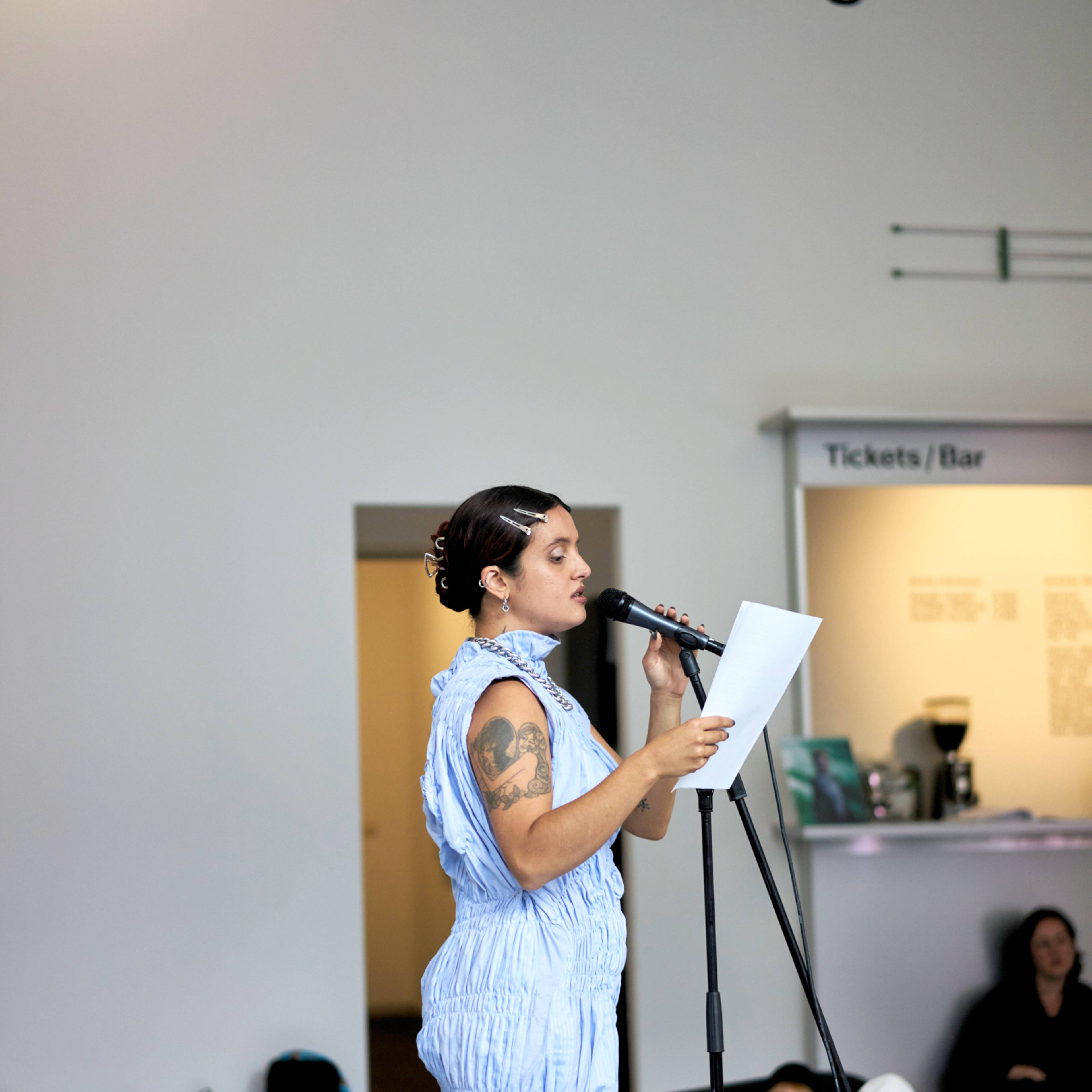
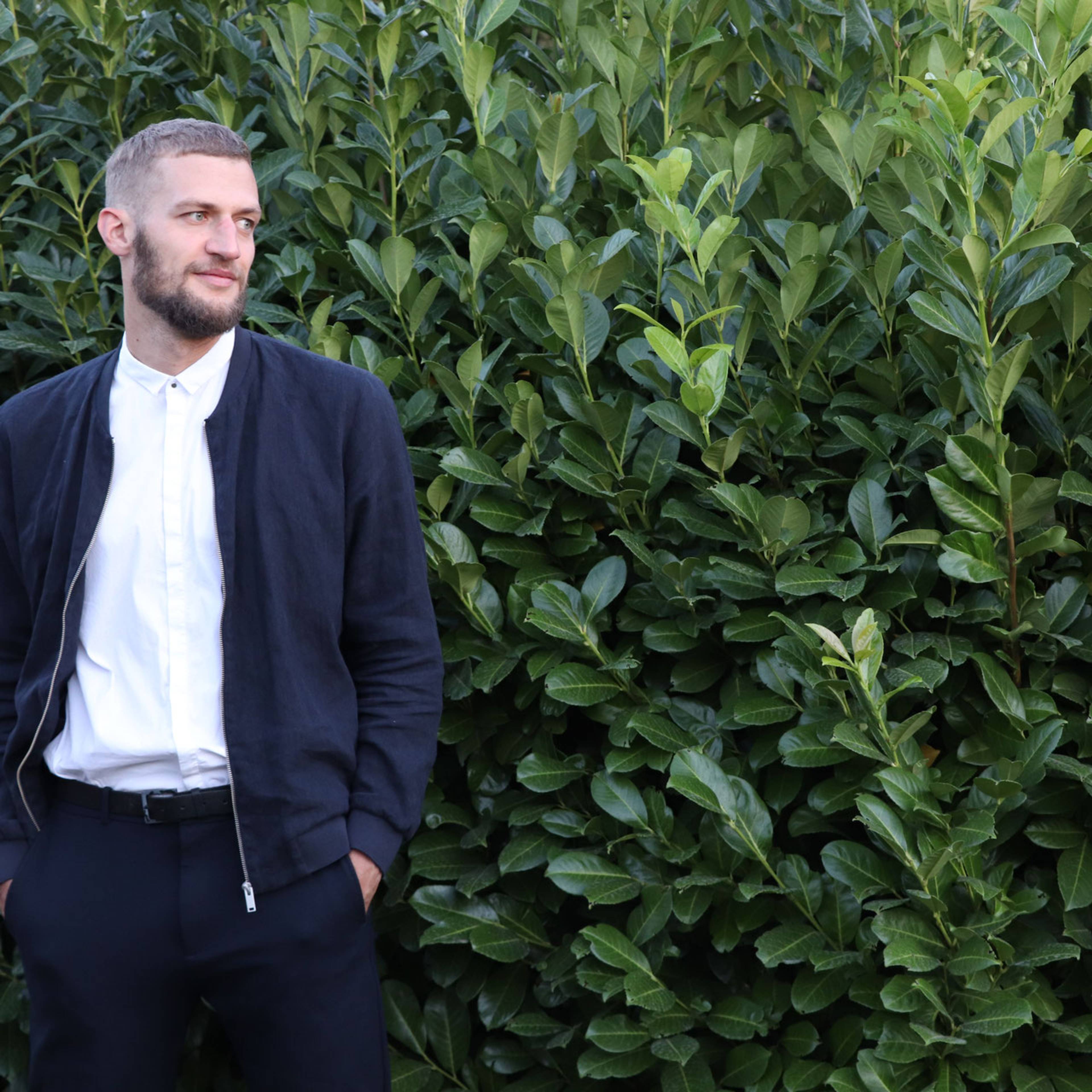
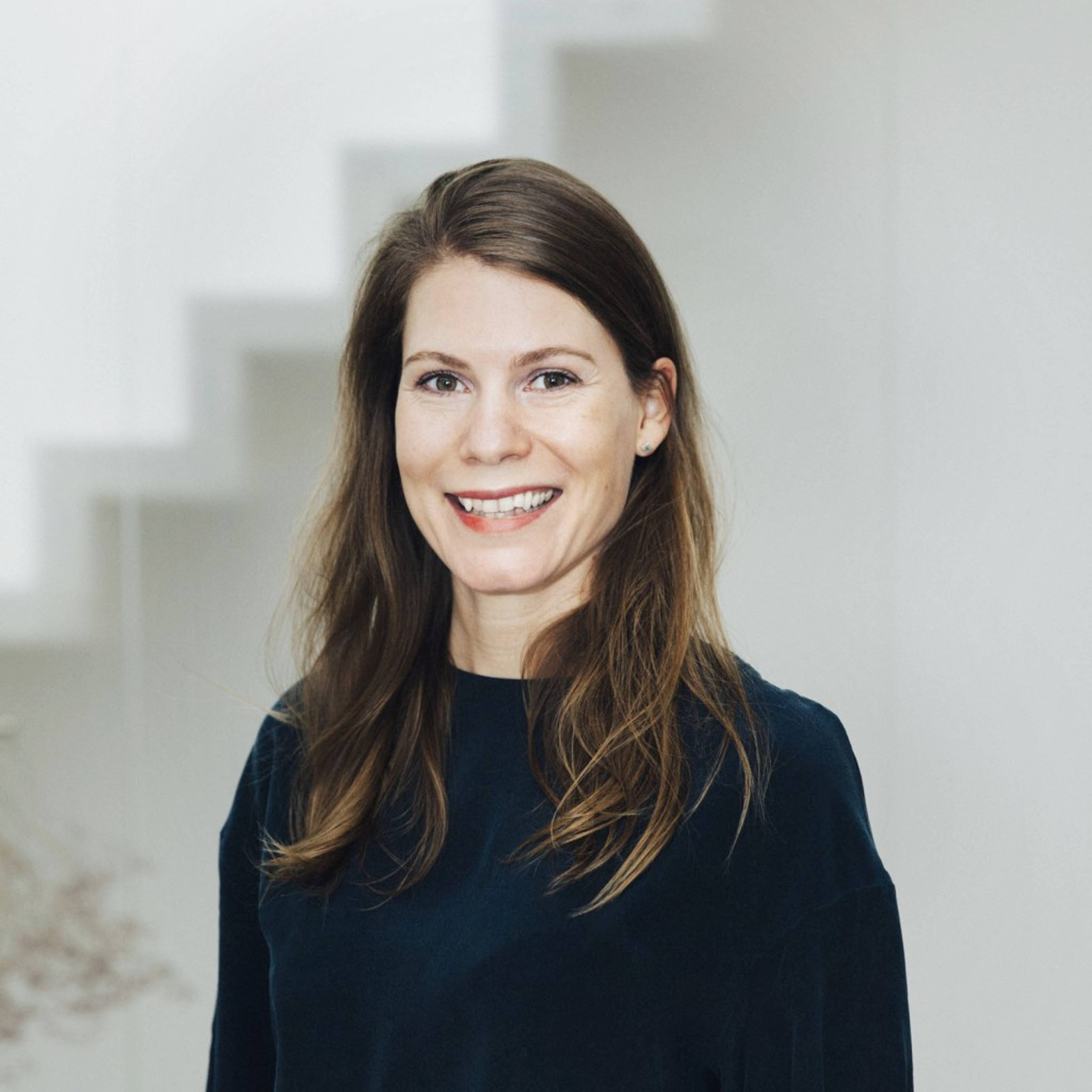
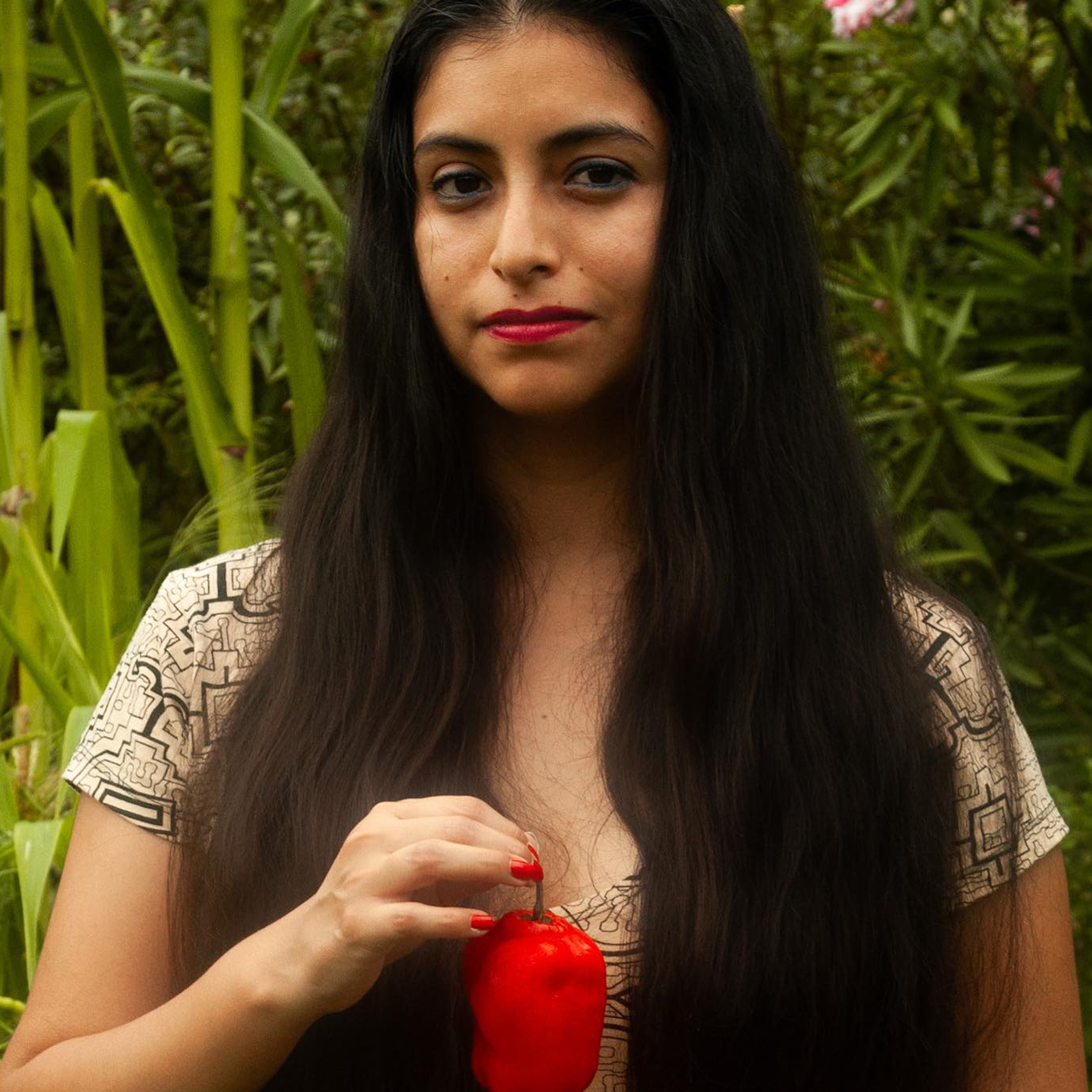
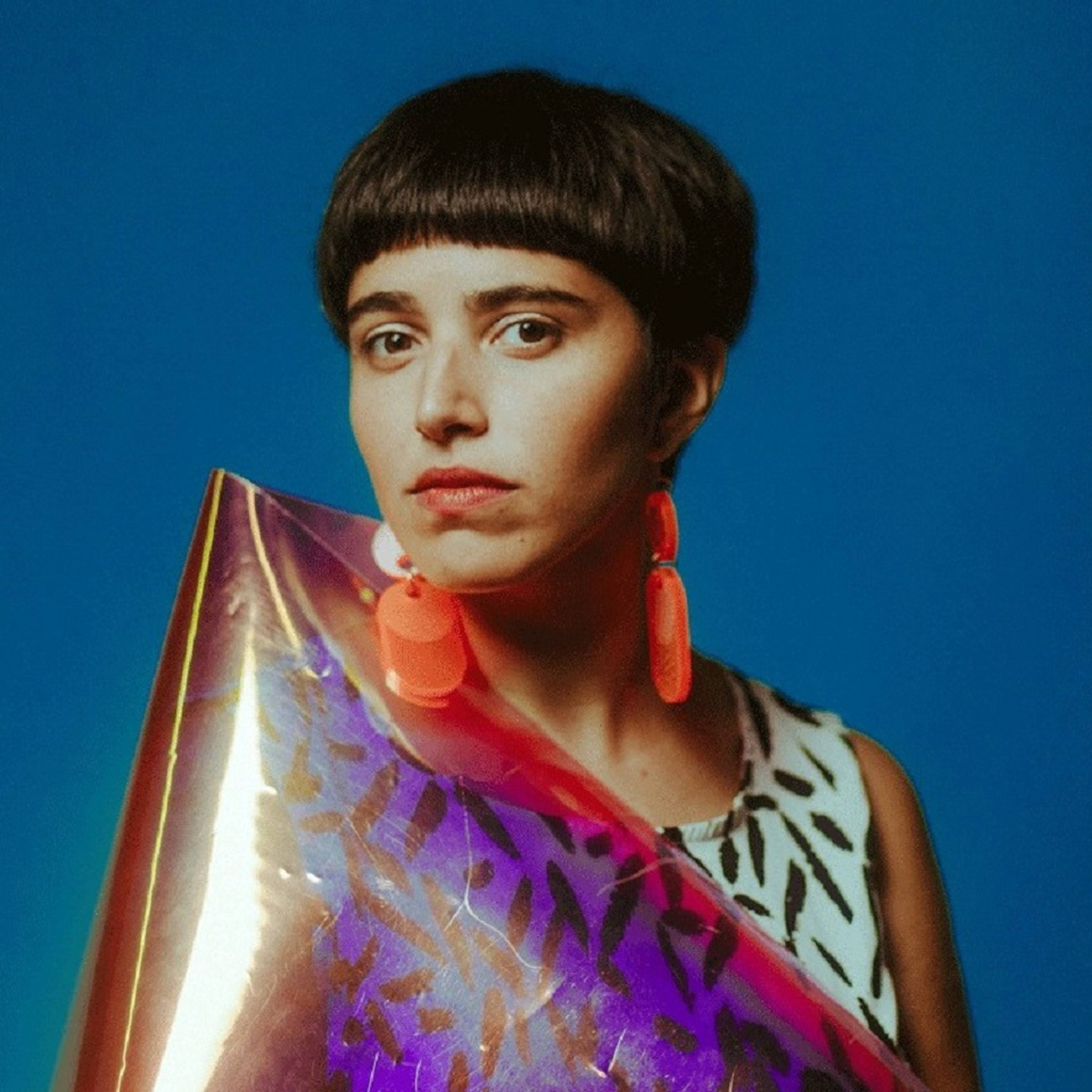
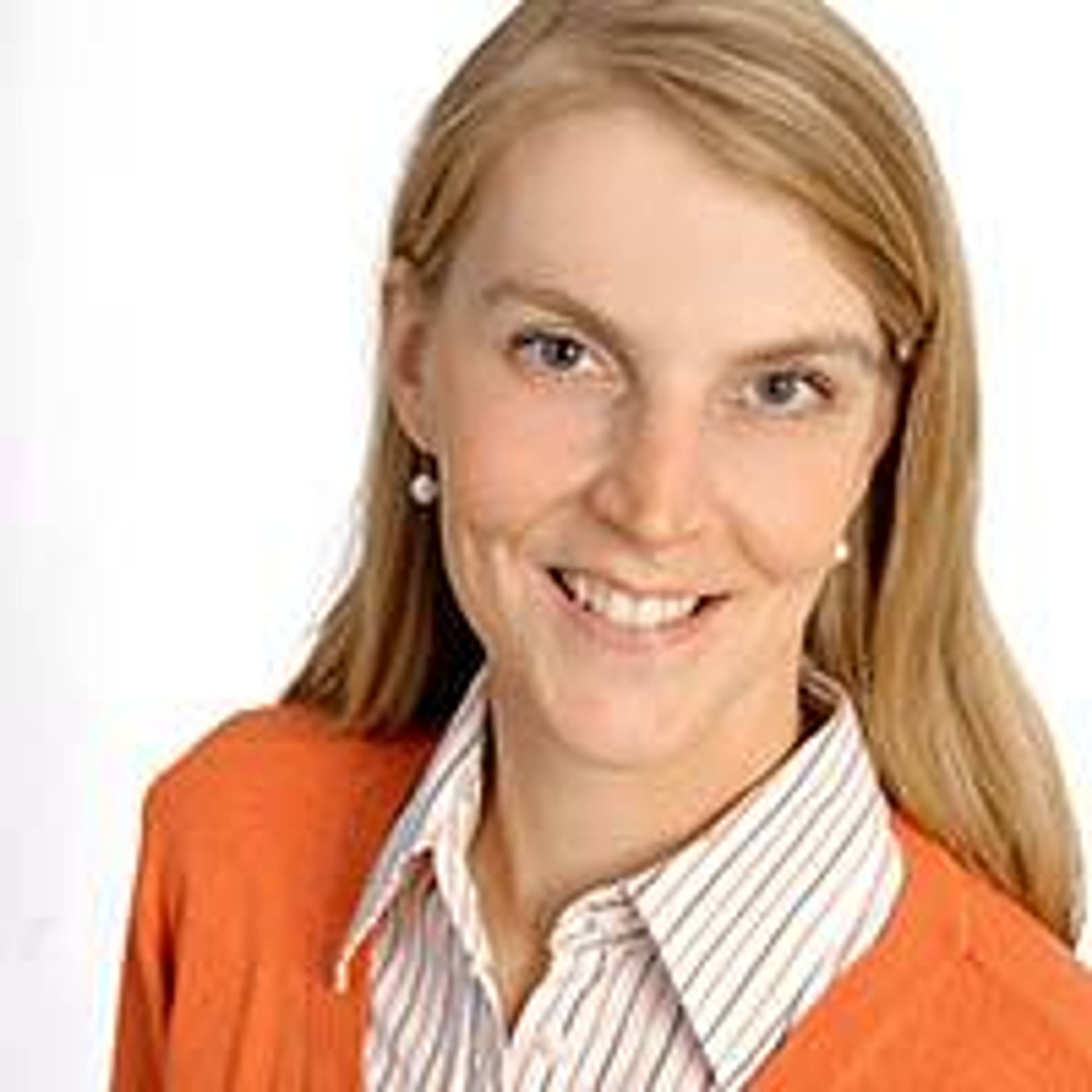
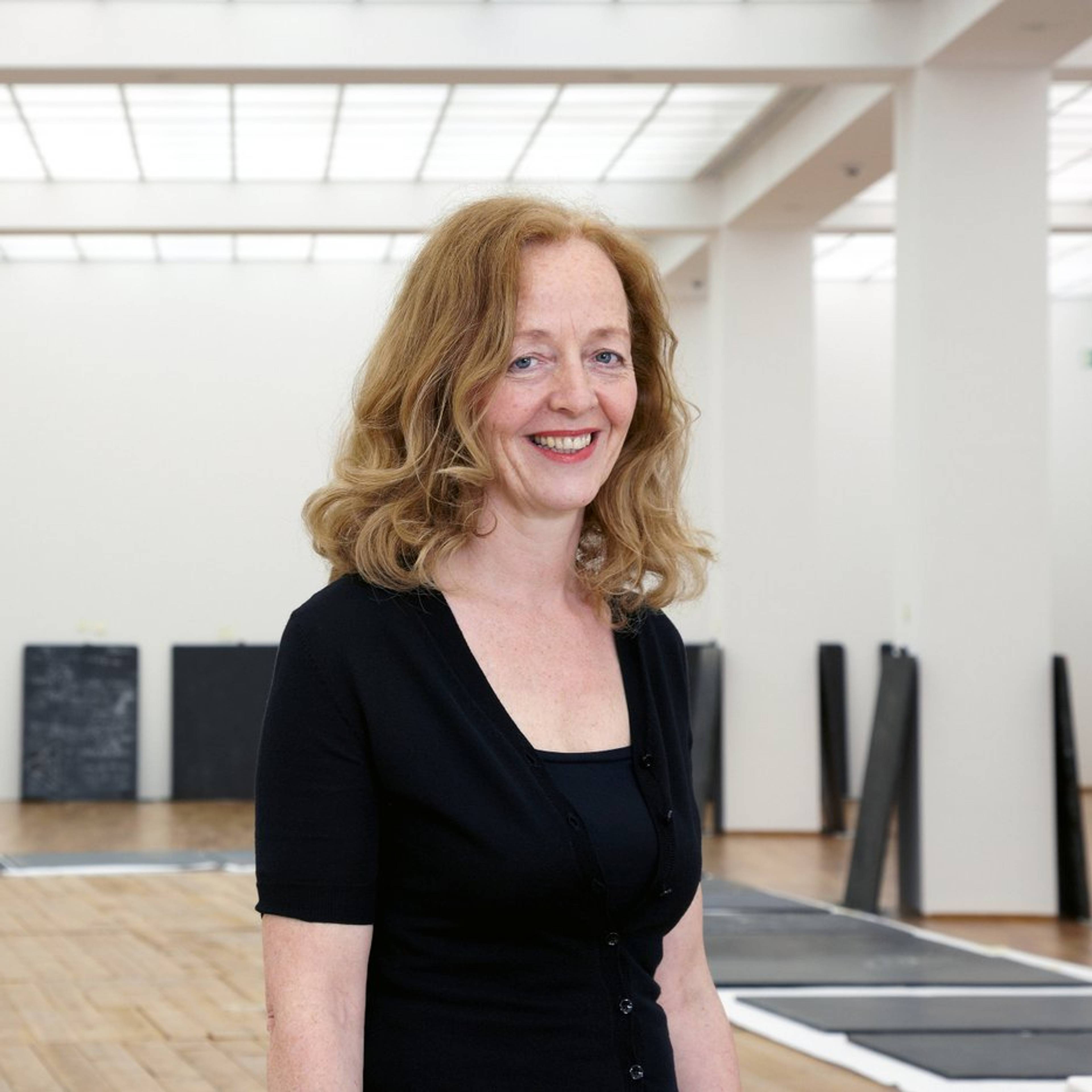
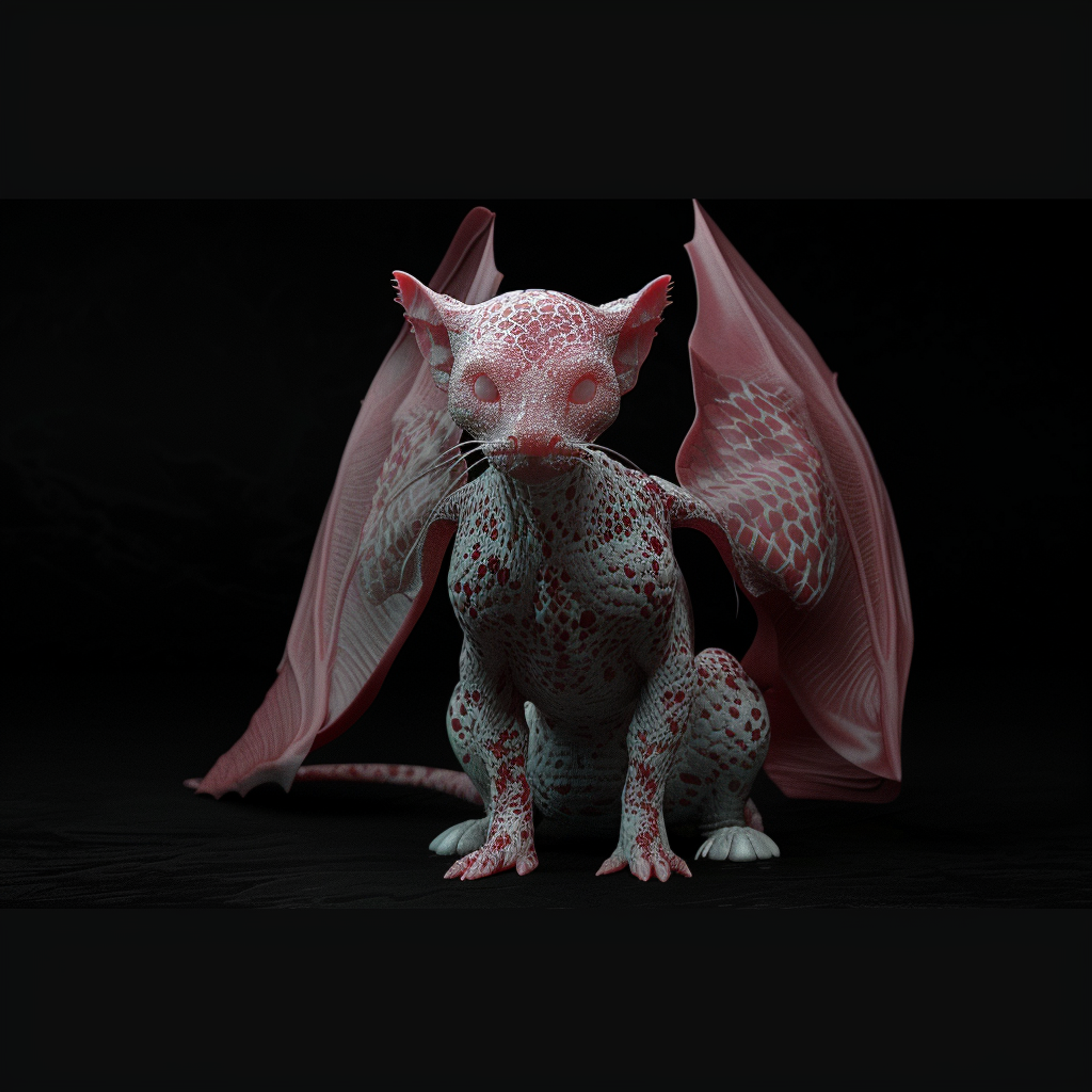
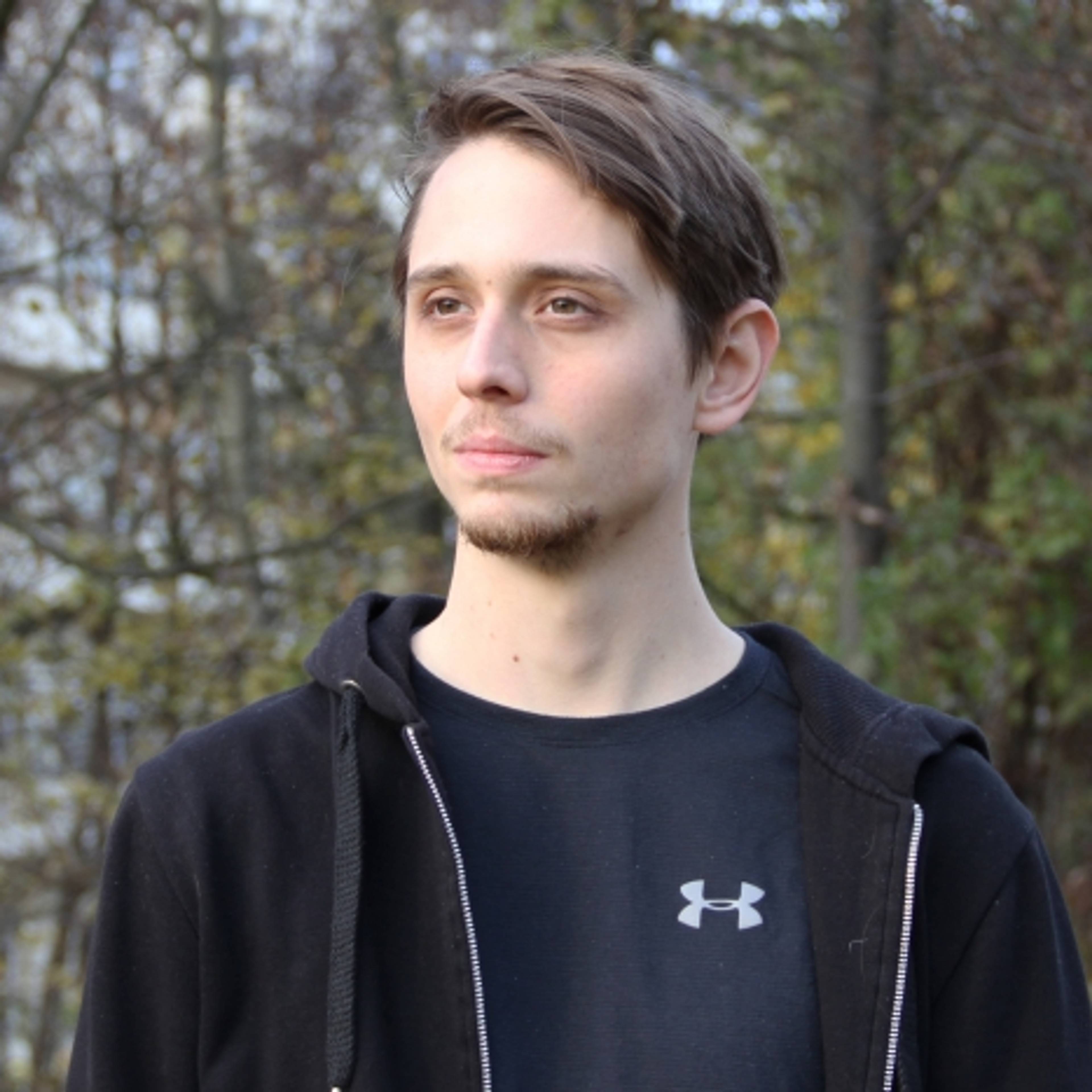
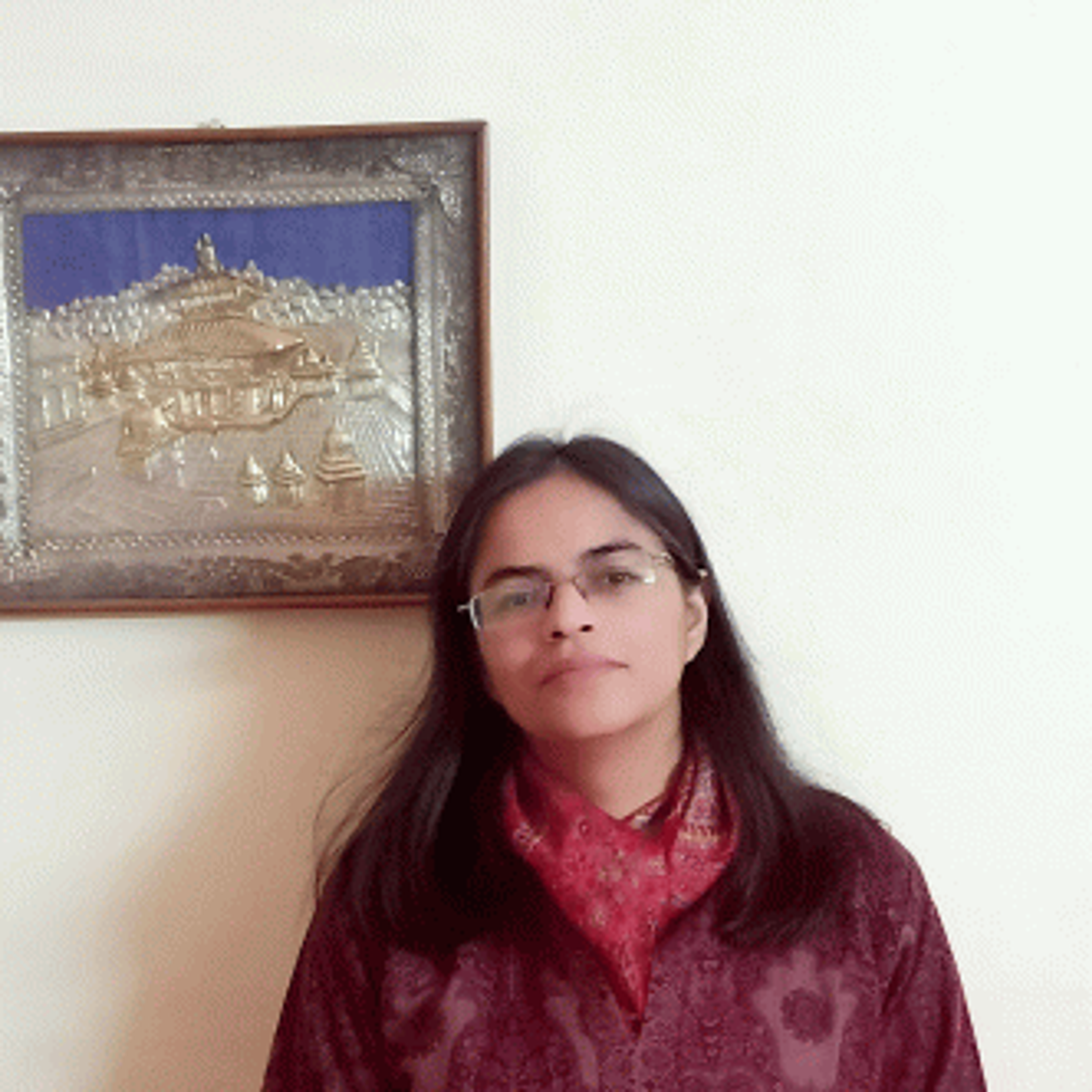
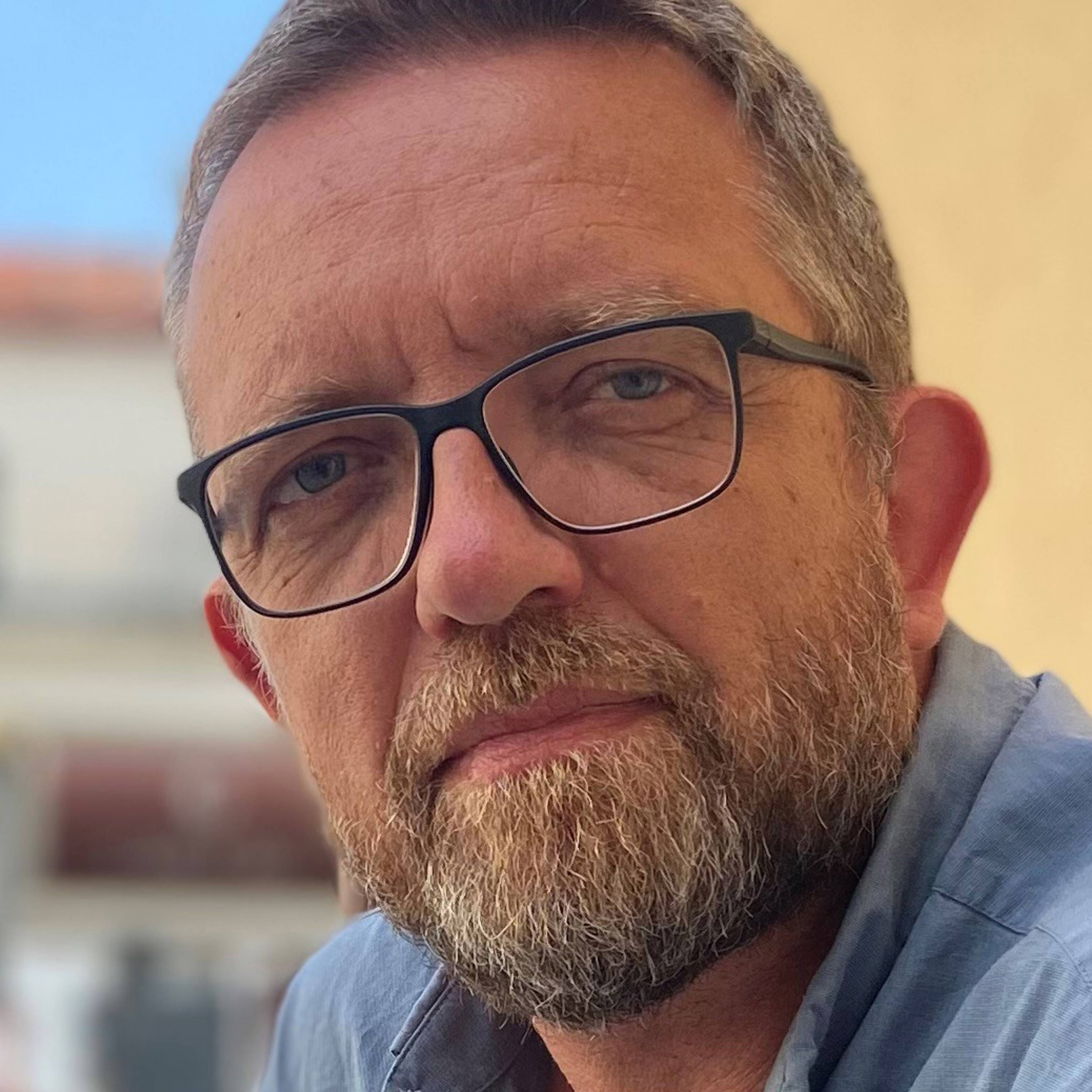
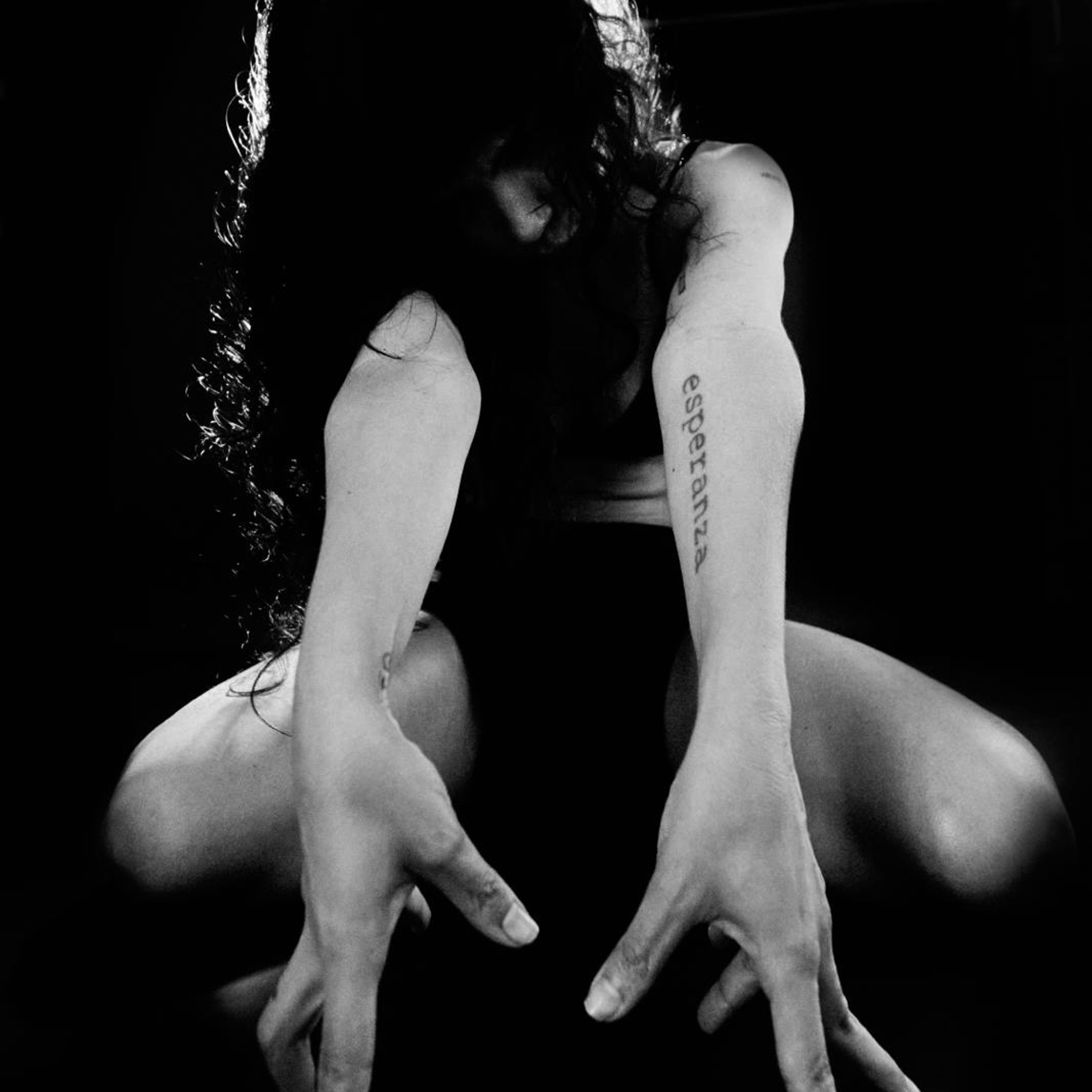
Credits
Pollinator Pathmaker Summer Programme, 2024. Presented by LAS Art Foundation.



